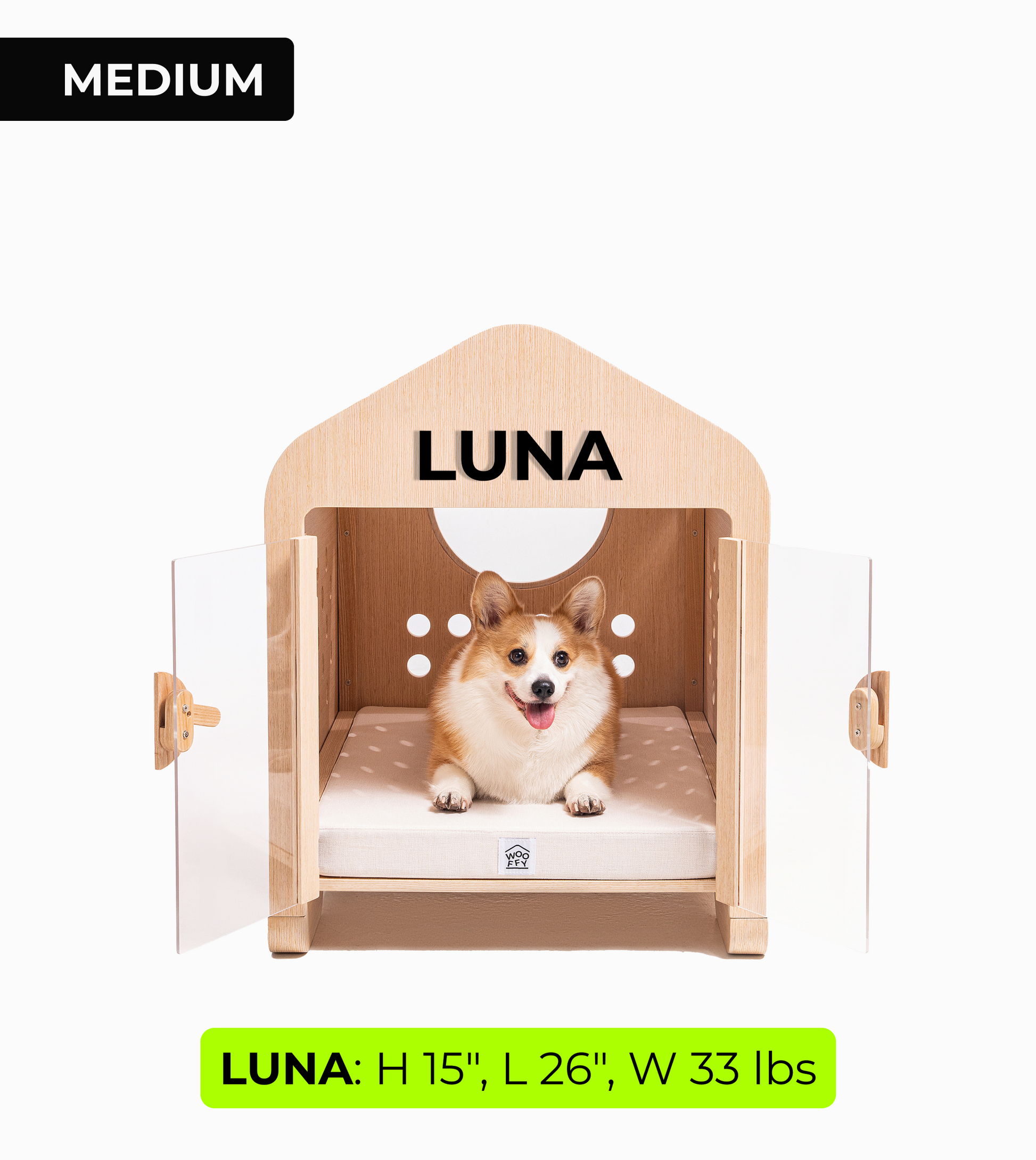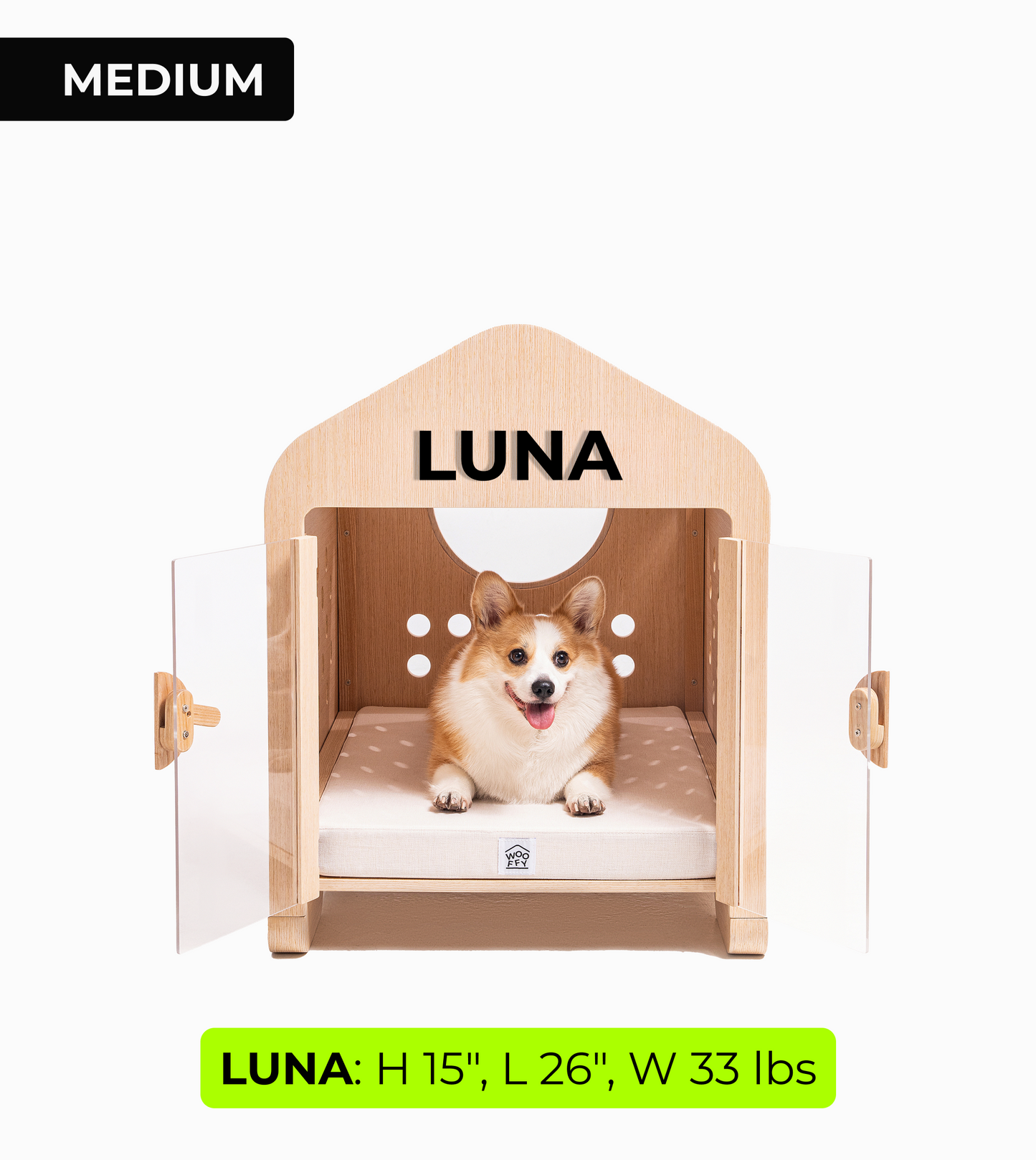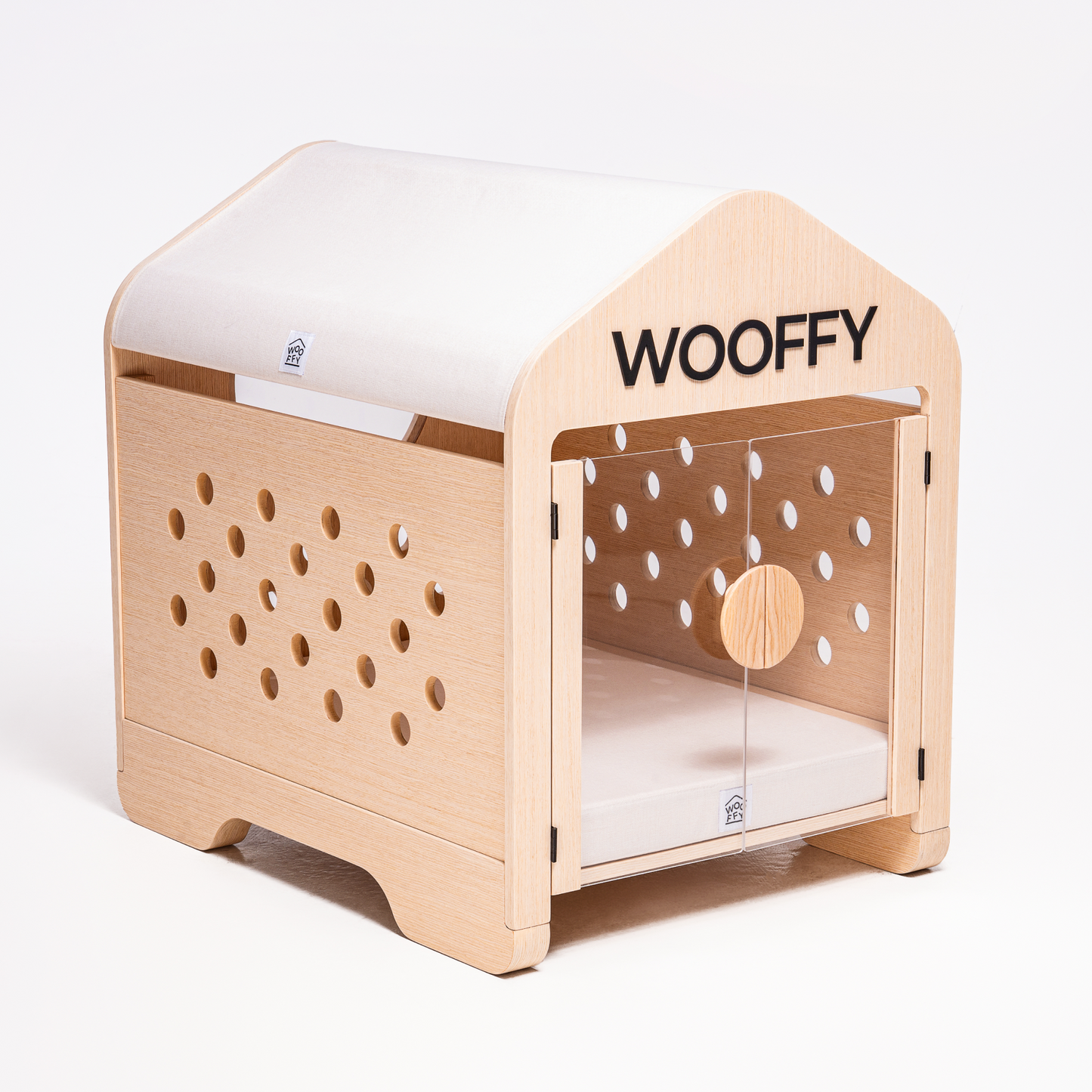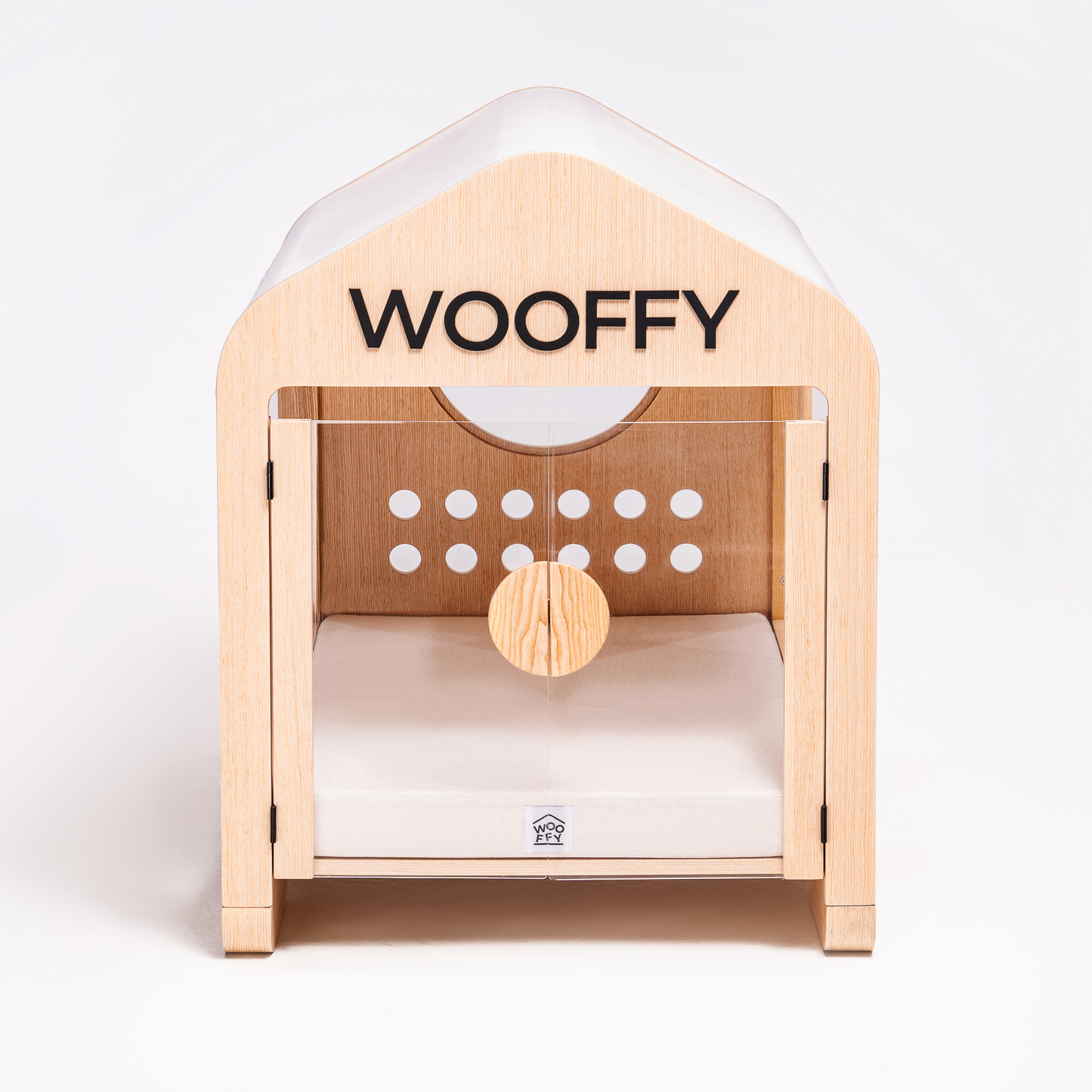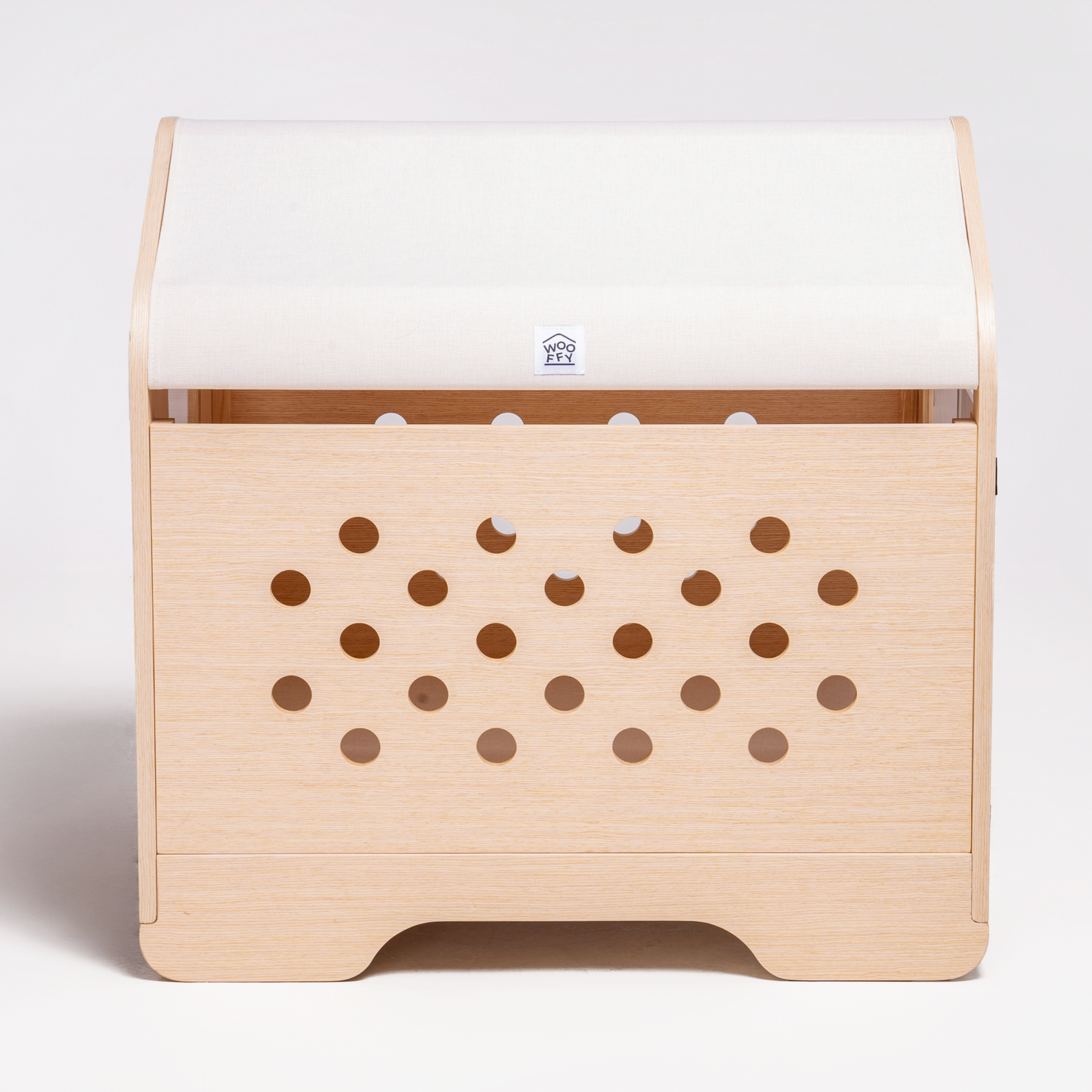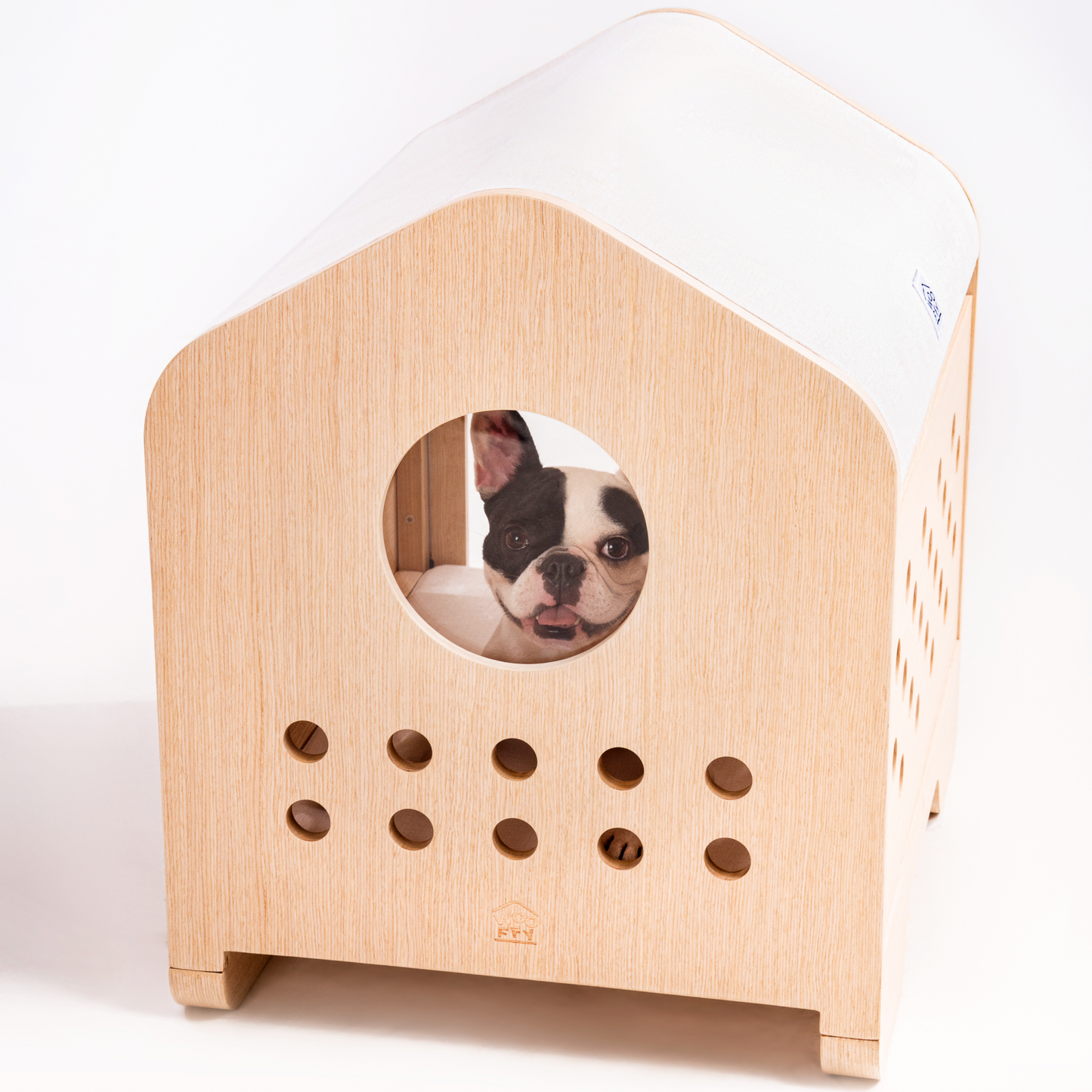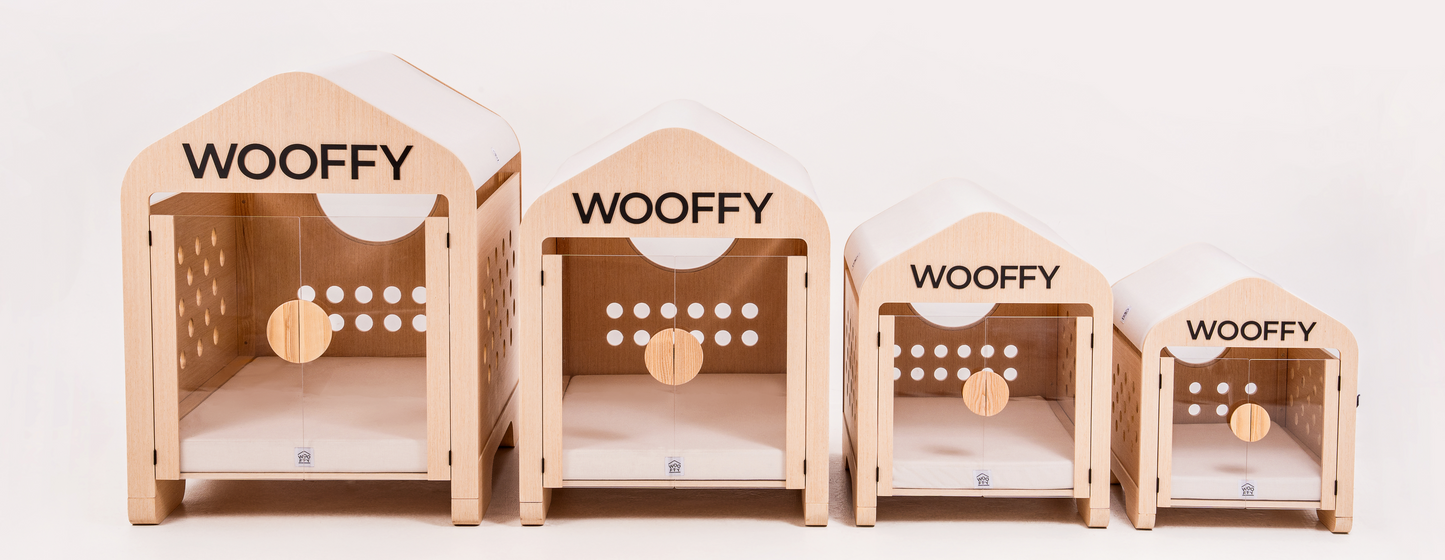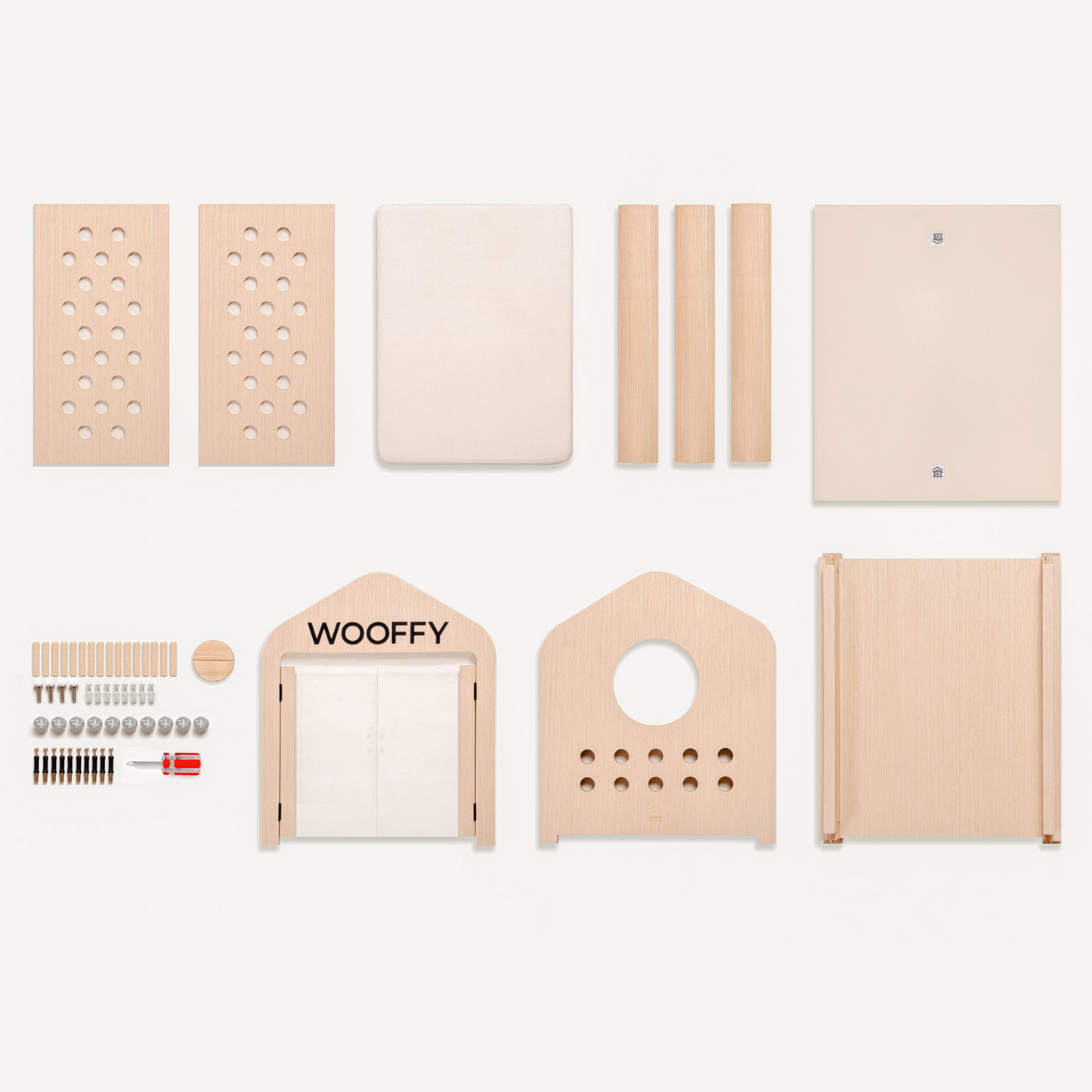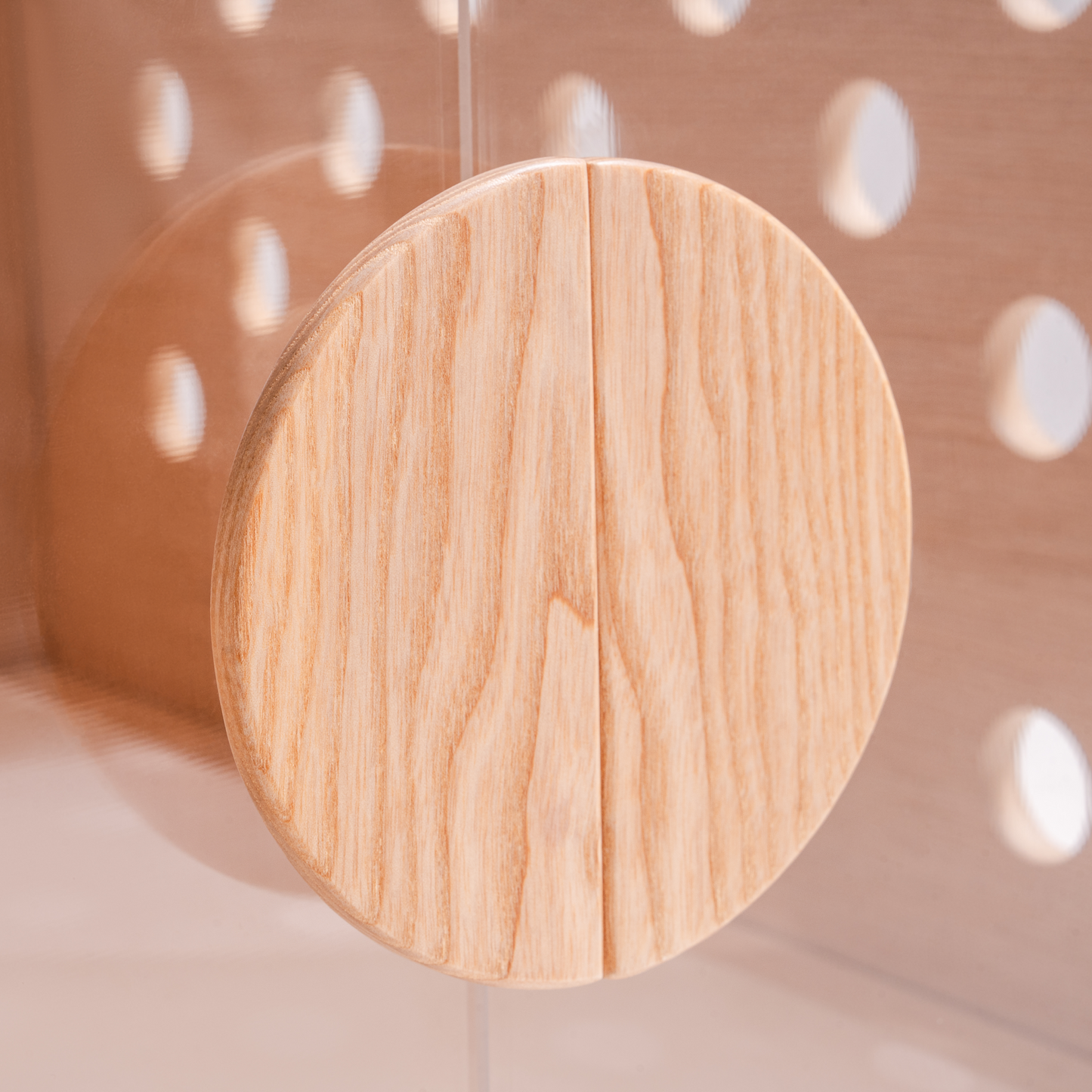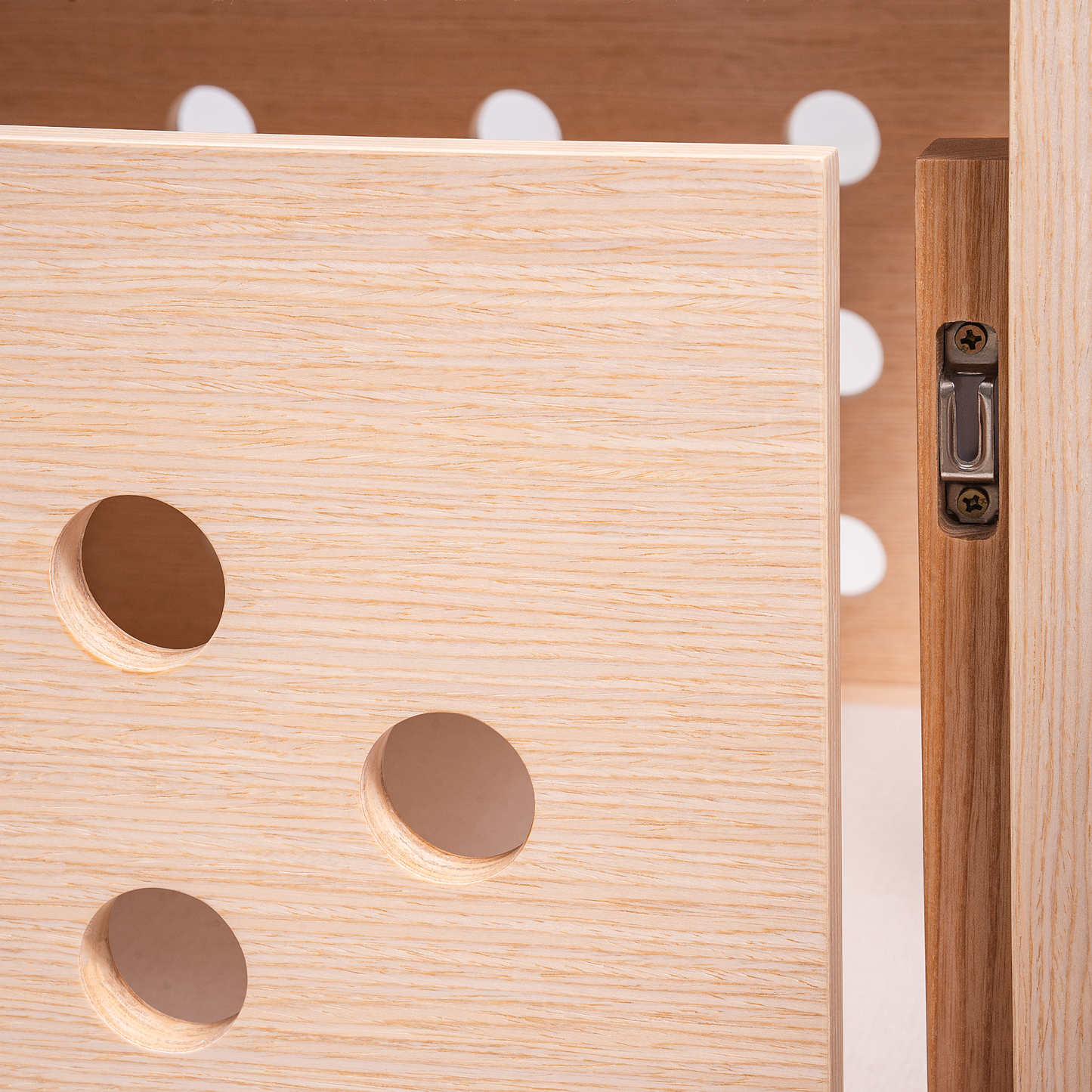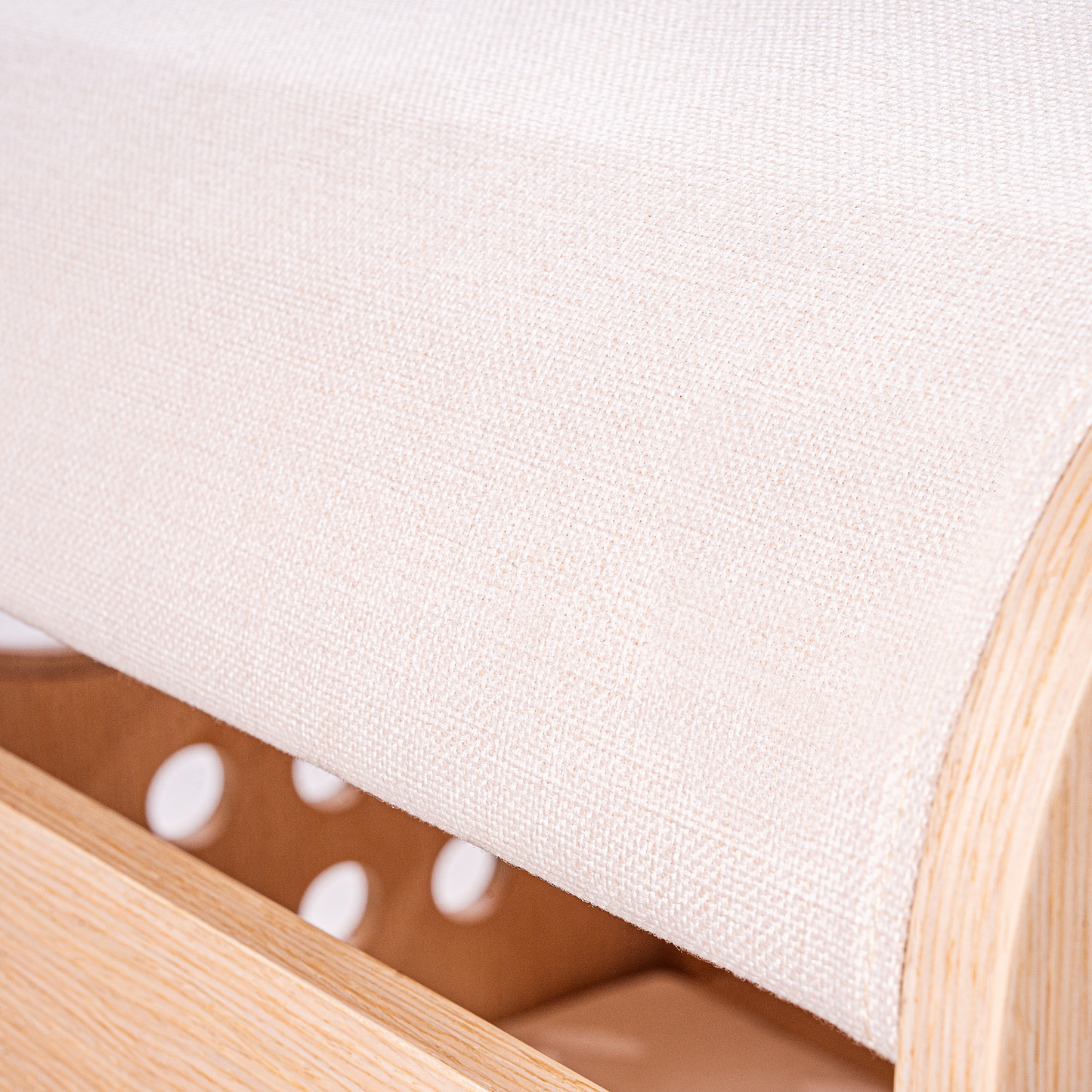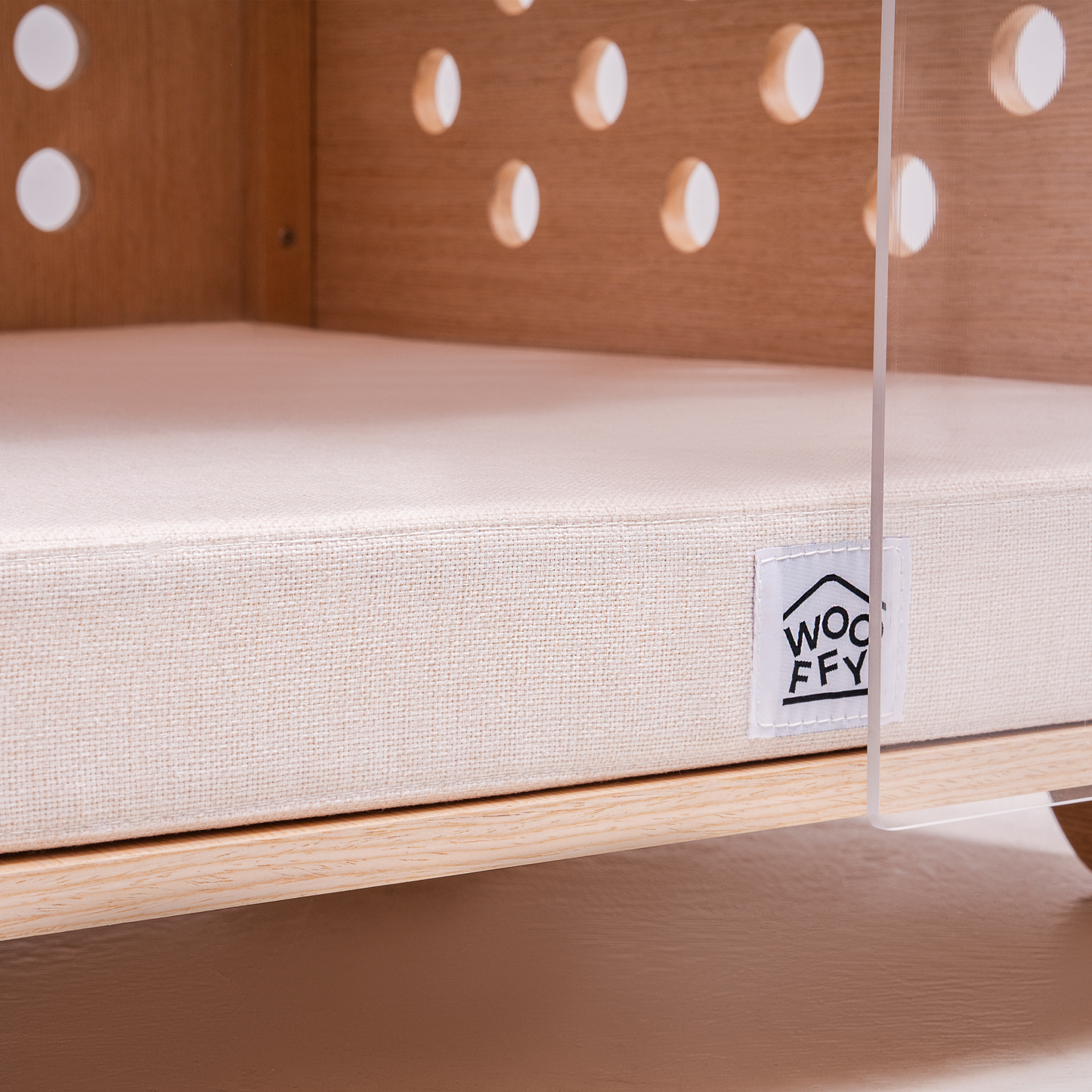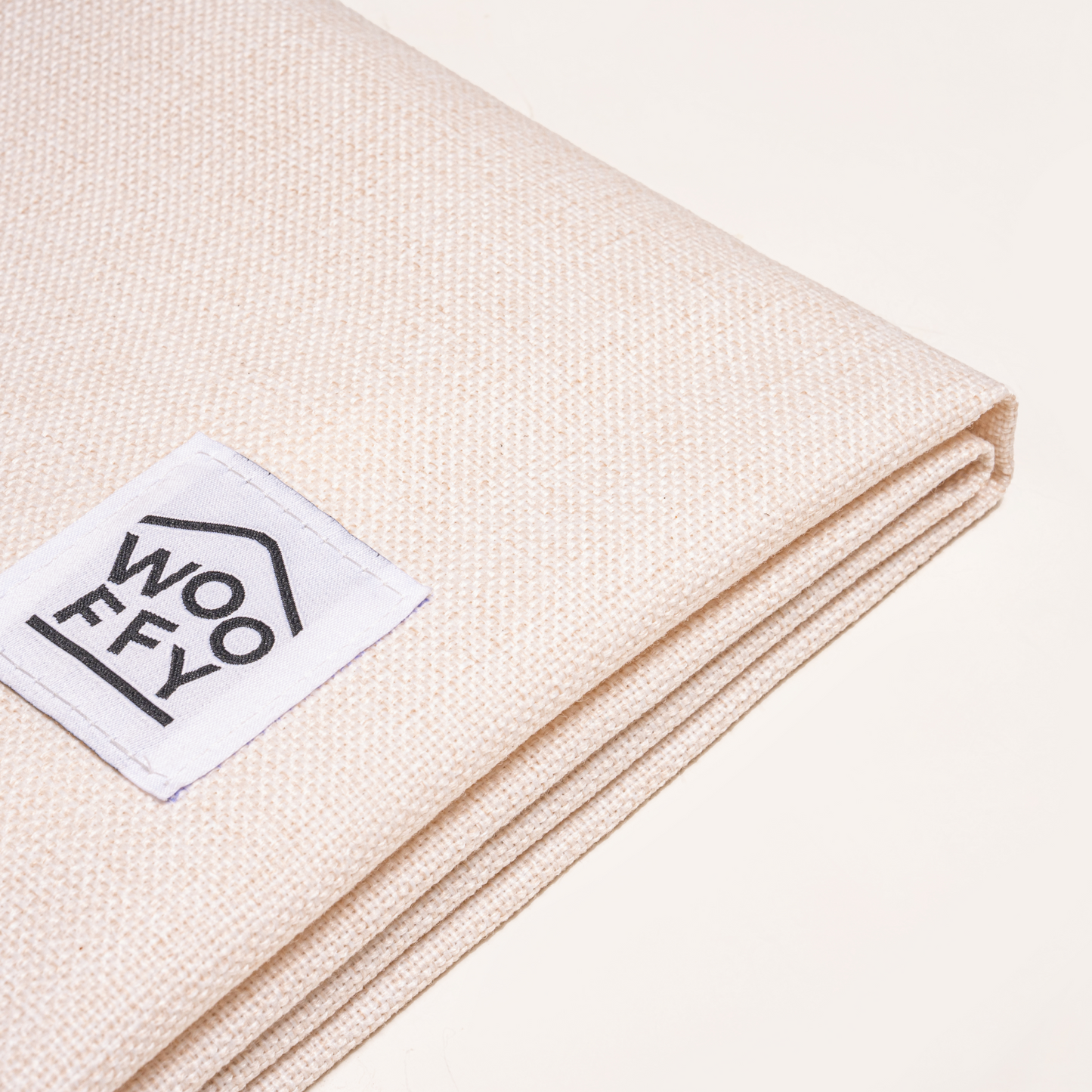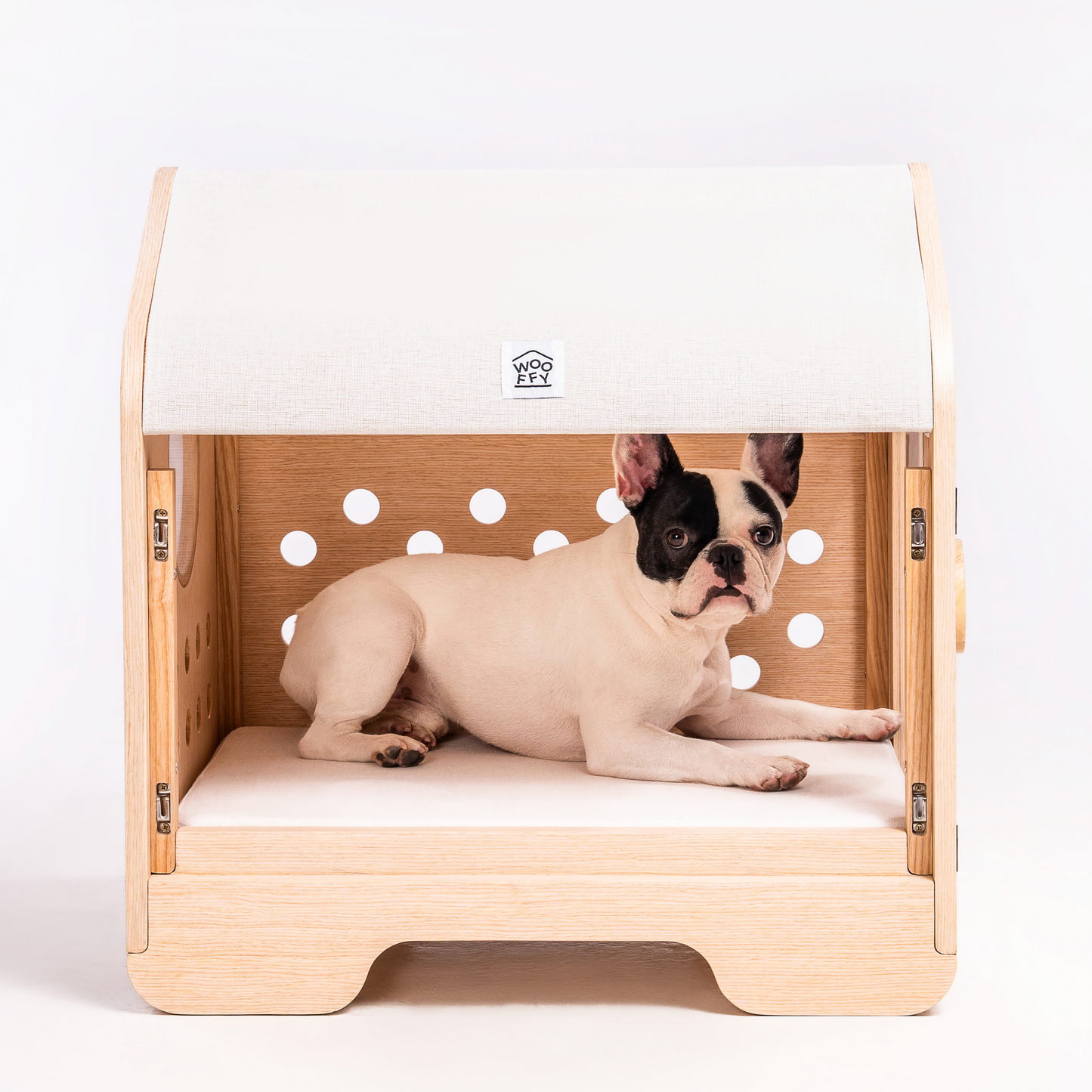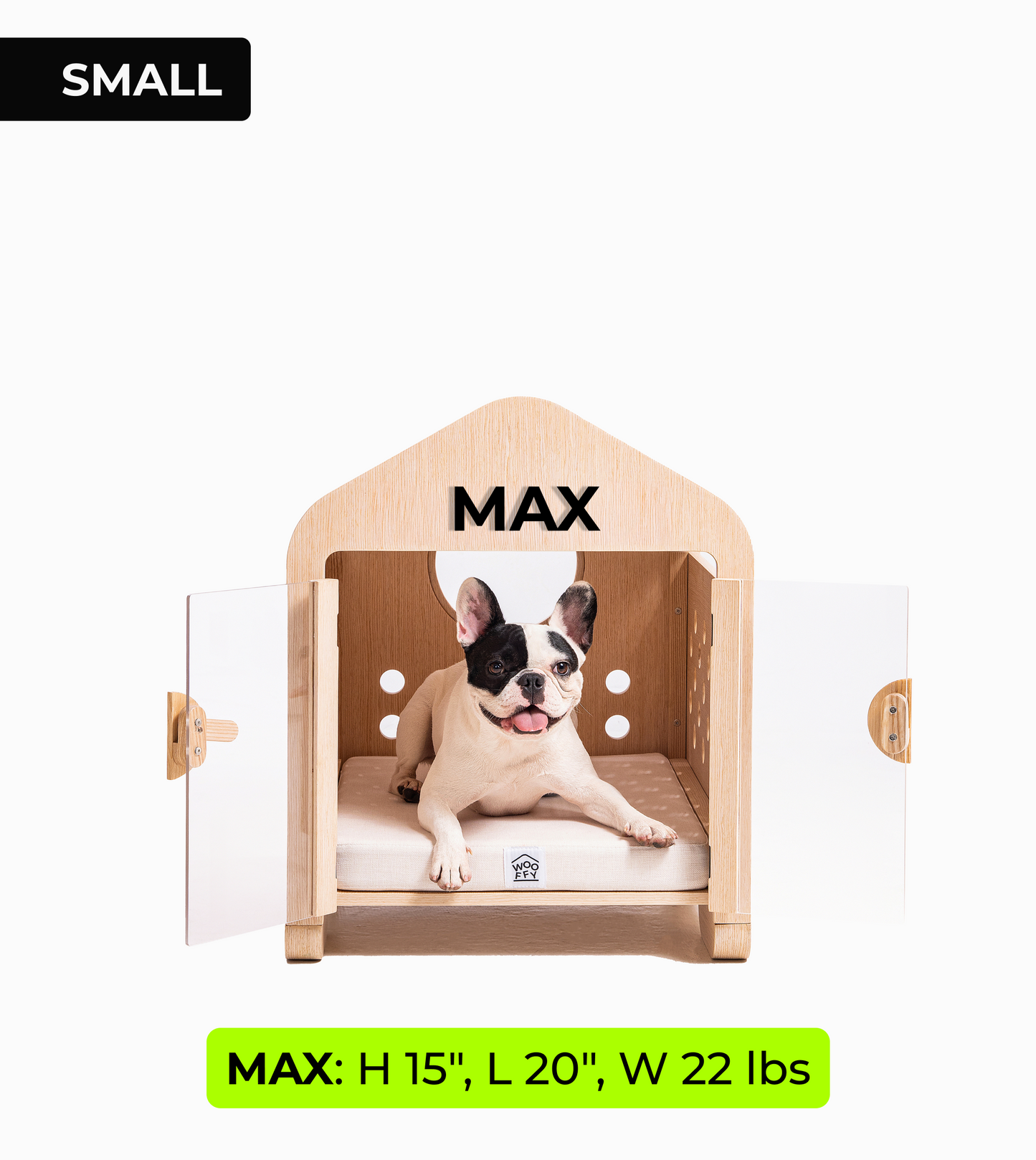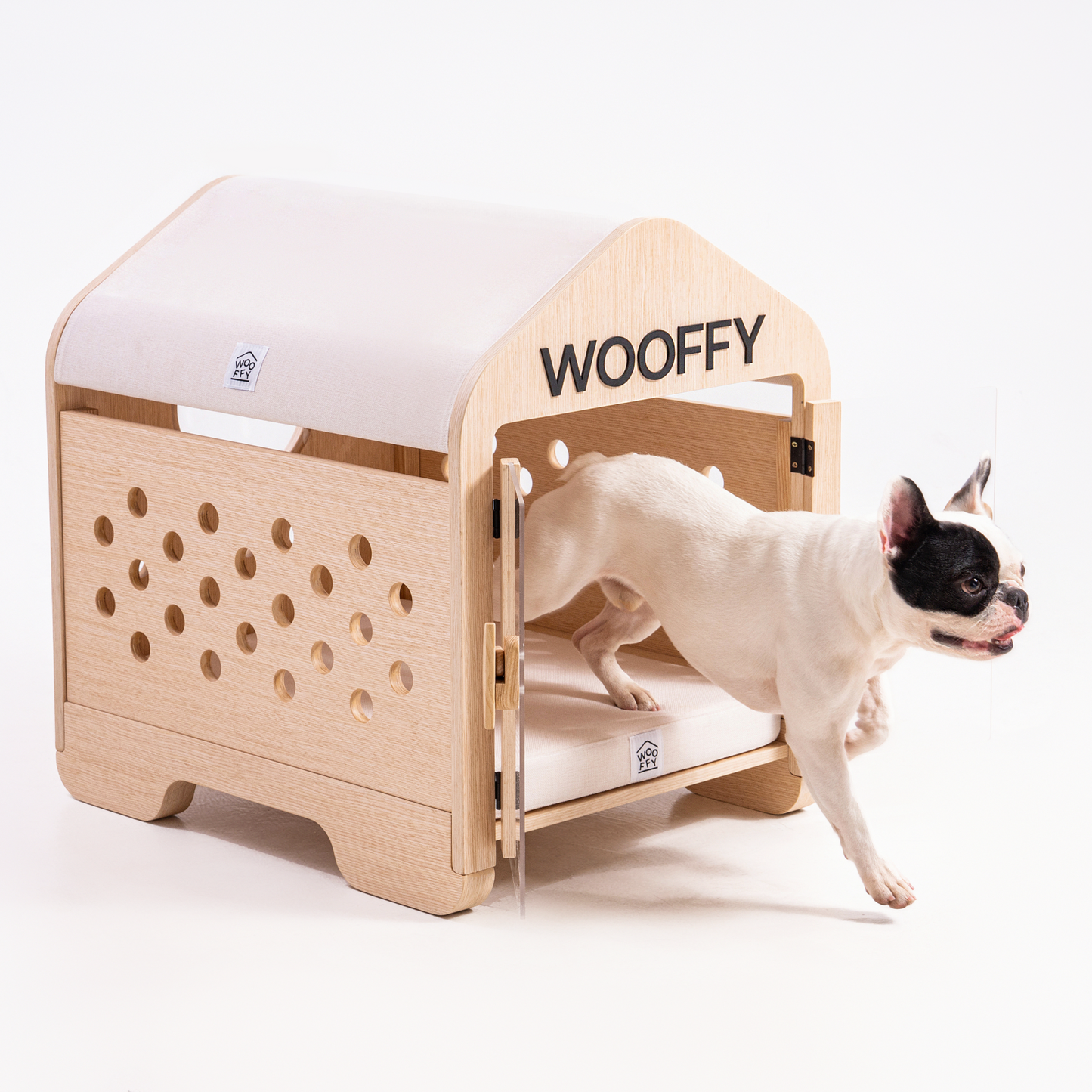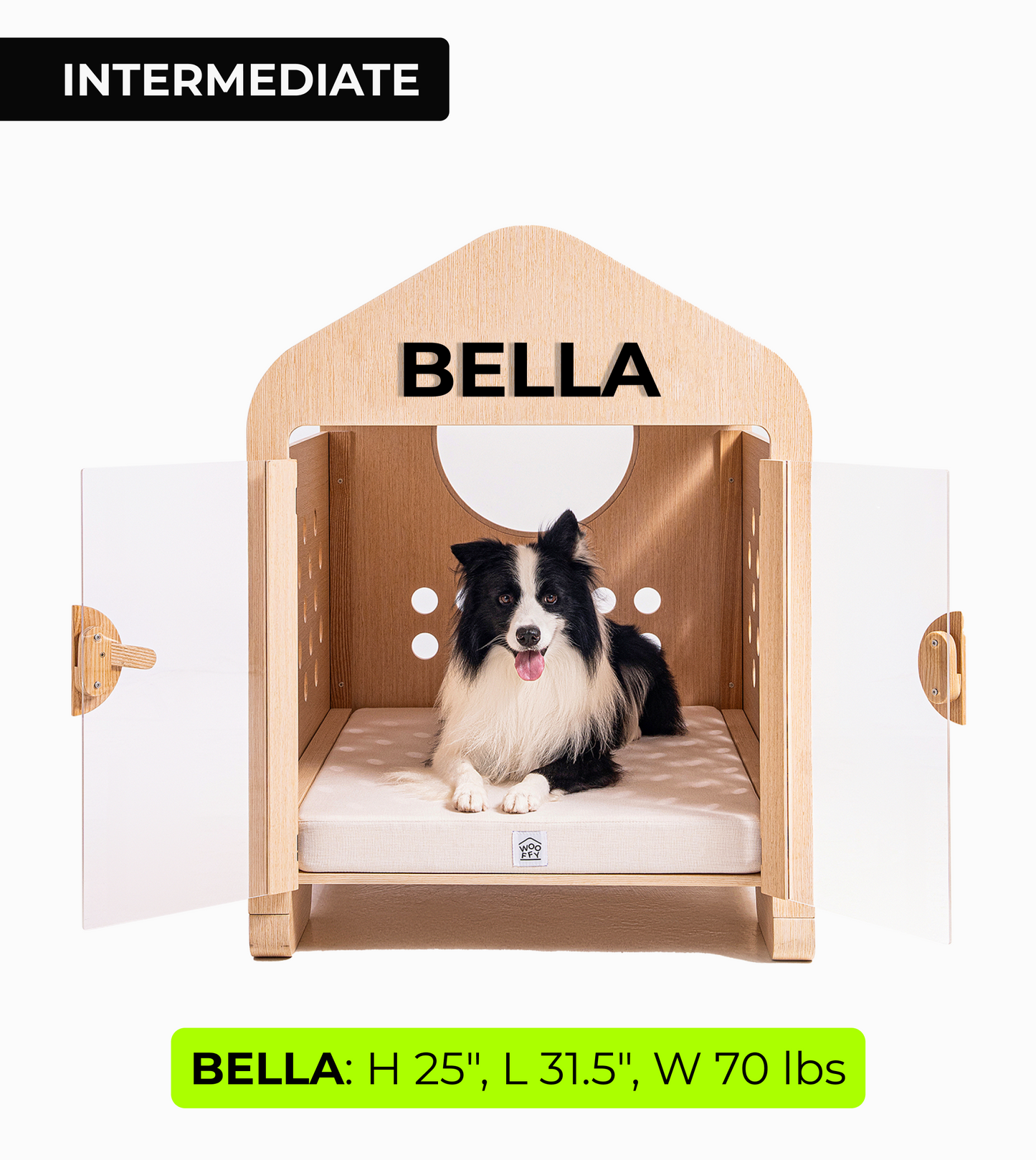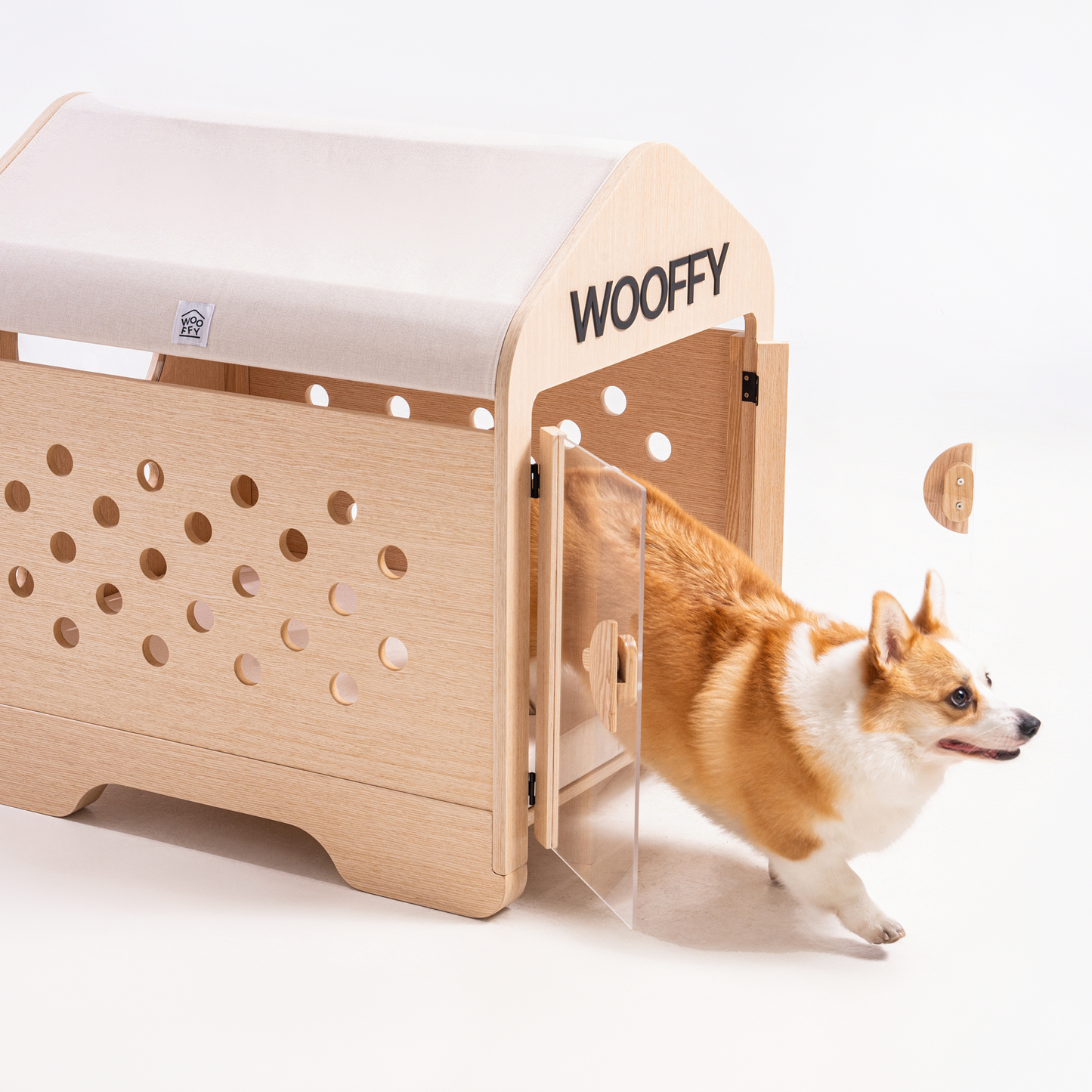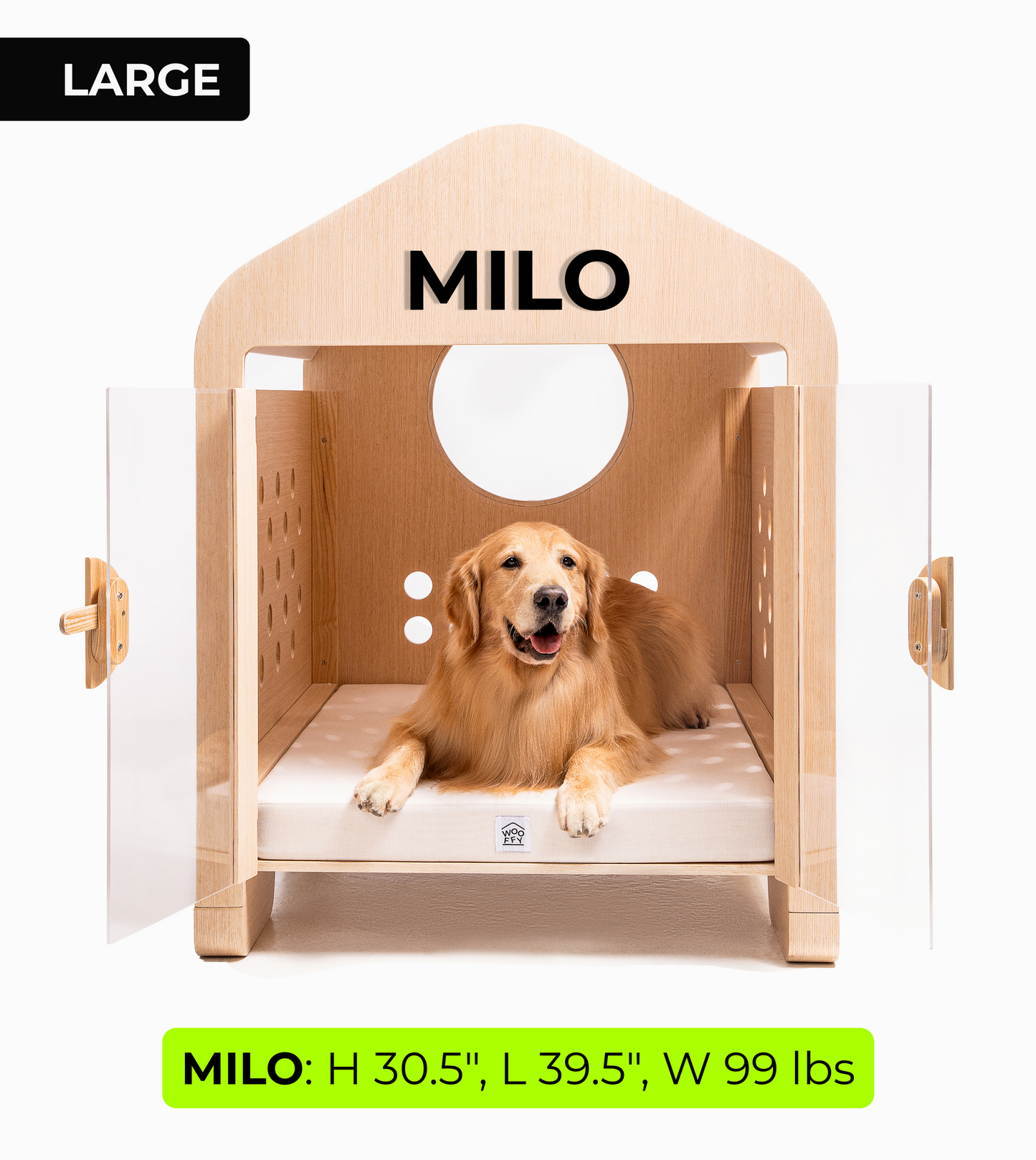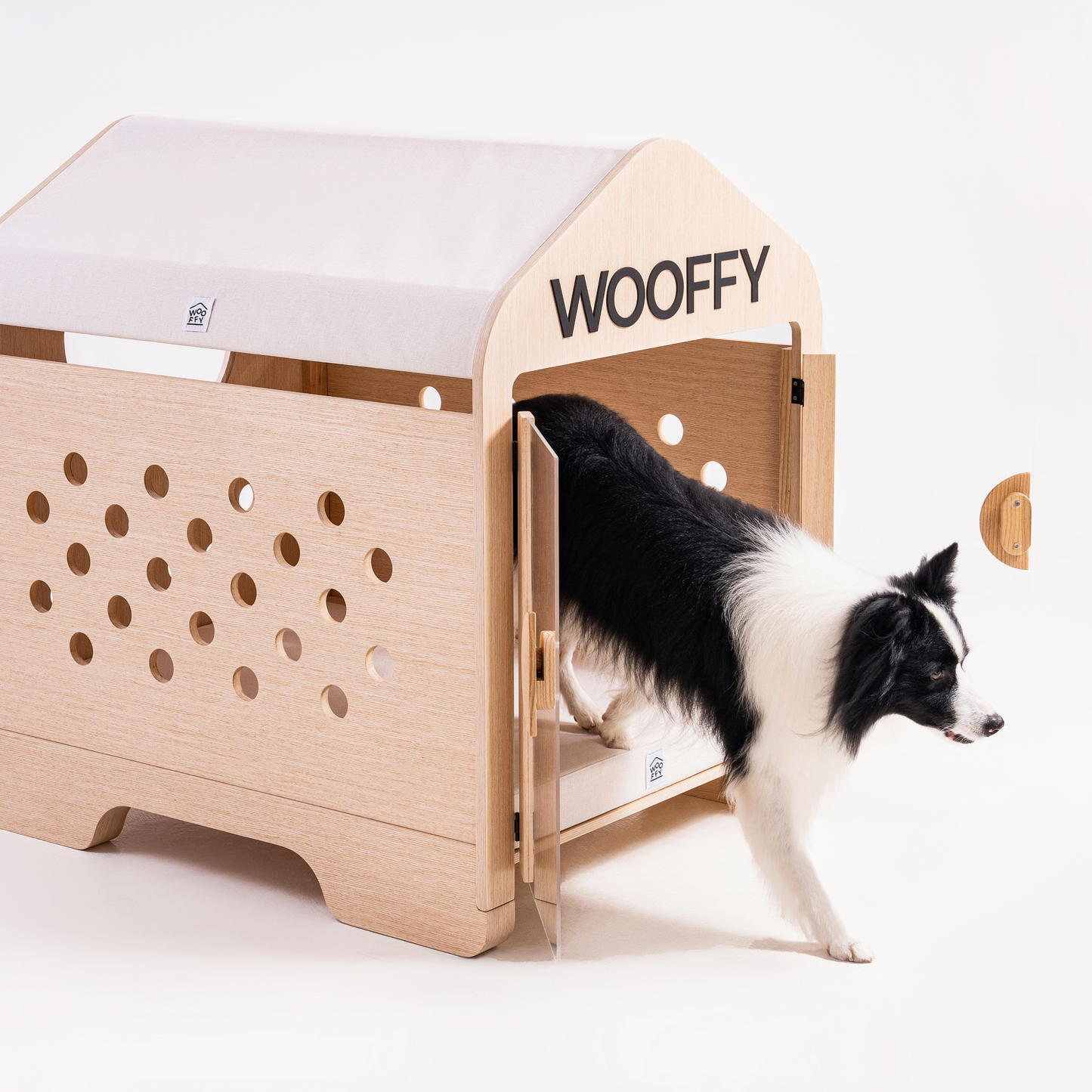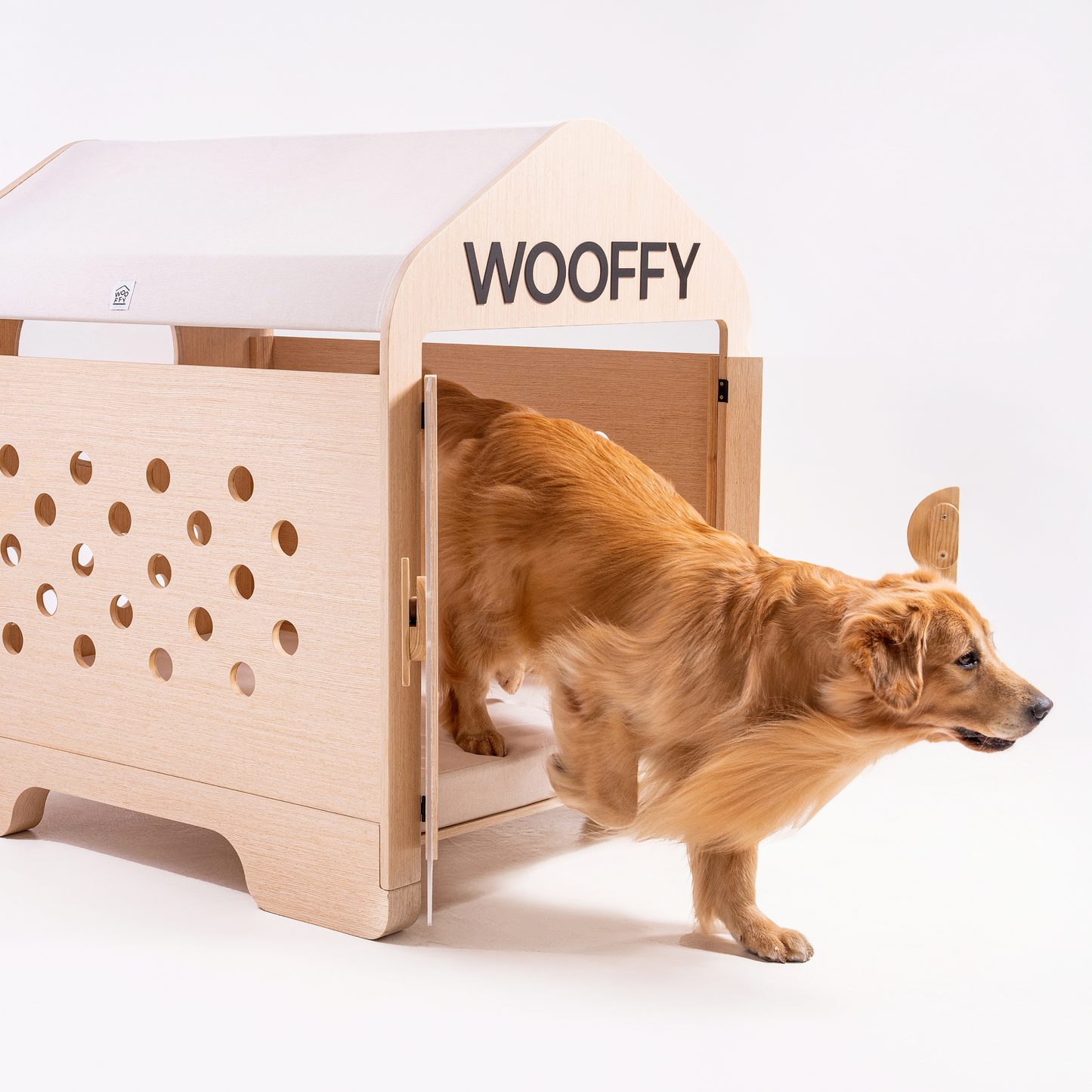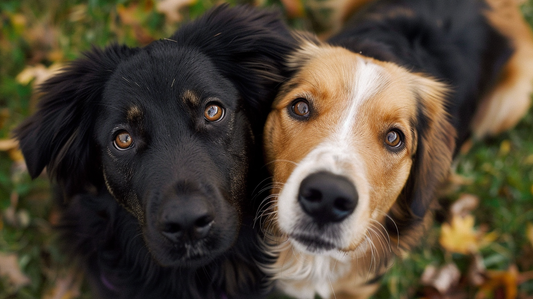
New puppy health guide
Share
Congratulations! You've found your new best buddy. Dogs need care physically, emotionally, mentally, and socially, especially with guide dog care, which includes specialized needs like proper training, exercise, and a well-fitted harness. If it all seems overwhelming, don't worry—we're here with helpful tips and advice.
A Happy, Healthy Home

A puppy? A rescue dog? However, you found each other, and part of your first year together will mean making a healthy home environment for both of you. Here are a few tips for helping your dog settle in.
Building a Bond
In the same way, you need time to learn your dog's personality, your dog needs time to learn yours. Build a bond with them by:
- Playing to build trust and friendship
- training to create mutual understanding
- Exercising to keep them engaged and active
- Following daily routines
Nutrition
Pick out a clean, quiet area where your dog's food and water bowl will be consistently placed, and be sure to clean both regularly. Follow your veterinarian's advice concerning the type and amount of food to give your new dog.
Socializtion
Once your vet confirms that it is safe to play with other dogs, your new dog will need time to adjust to its new environment and make new friends. Gradually socialize them by:
- Taking them to obedience classes
- Introducing them to neighbors
- Exploring dog parks
Shopping List
Must-Haves
the following things should be in your house when your dog arrives:
- Bowls
- Bed
- Brush
- Crate - Wooffy House
- Toy/treats
- Collar/tags/leash
As-Needed Supplies
Each dog has its own set of needs that may conclude the following:
- Training pen
- Dog toothbrush and paste
- Bags for walk
- Shampoo
Safety
Many household items, including common foods, can be life-threatening to your dog. Keep the following toxins out of their reach, where they can't find them.
- Insecticides, snail bait, and rat poison
- Household cleaners, such as leave-in toilet bowl cleaners
- Many plants, including lilies, sago palms, amaryllis, and chrysanthemum
- Prescription medicines
- Antifreeze and liquid fuels
- Onions, grapes & raisins, chocolate, and moldy or spoiled foods
- products containing xylitol (an artificial sweetener)
Veterinary Care
a regular physical exam performed by your veterinarian is an essential step in keeping your dog healthy. these exams provide a chance to detect and prevent health problems early.
Call your vet if you have any concerns, or notice any of the following:
- Unusual aggression or lethargy
- Unusual discharge from the nose or eyes
- Increased or decreased appetite
- Excessive head shaking, scratching, or licking
- Swelling, abnormal lumps
- Foul breath, excessive plaque, or calculus deposits on teeth
- Changes in urination or drinking habits
- Persistent vomiting or diarrhea
- Difficult breathing
- Repeated coughing or gagging
- Reduced ability to exercise or reluctance to play
The Power of Preventive Care
Your new dog will want to explore, try out new things, and make new friends. They’ll need your help to stay healthy as they get to know their new world. Check out these preventive care resources to learn how you can keep them safe and sound.
Vaccination
Keeping your dog up to date on its vaccinations is one of the best ways you can help protect them from various life-threatening diseases. Puppies and adopted dogs with incomplete or no medical history especially need vaccines to help prevent really diseases like rabies and distemper. Following initial visits, regular wellness visits to your vet can help keep your dog current on its vaccinations. Your vet can recommend the best vaccination plan for your furry friend.
Parasite Awareness

Fleas and Ticks
Fleas and ticks are common ectoparasites that feed on your dog’s blood. Though fleas and ticks can be found all over the country, protecting from them is easy.

Heartworm Disease
Heartworm disease can be deadly, and treatment can be difficult for your dog. Fortunately, heartworm disease prevention is easy.

Intestinal Parasites
Intestinal parasites are common, especially in puppies and young dogs. See how to treat and control them.

Dental Health
Taking care of your dog’s teeth and gums is an important component of your dog’s overall health. Learn what you can do to keep their teeth in top shape.
Oral Health
Regular dental care is important for your dog. Beyond bad breath, plaque and tartar buildup can lead to additional health problems, which is why oral care is an important component of your dog's overall health

